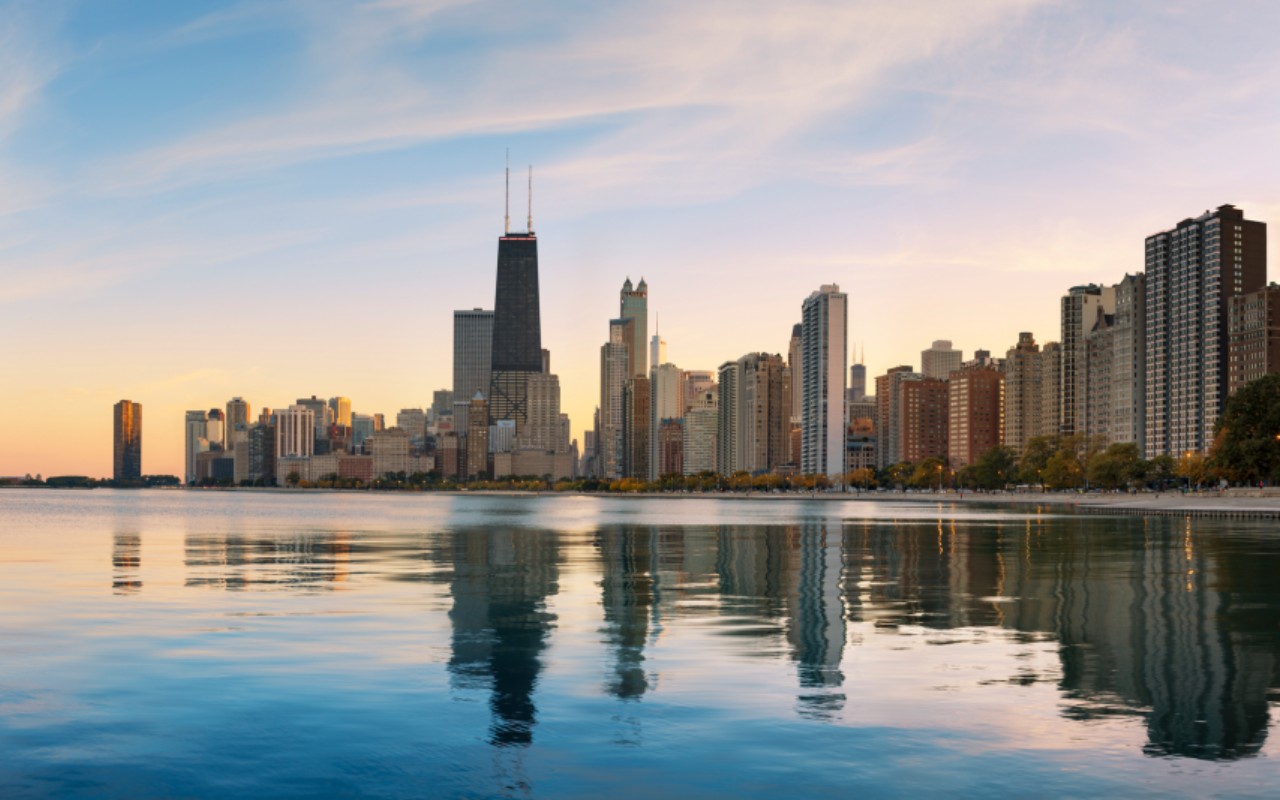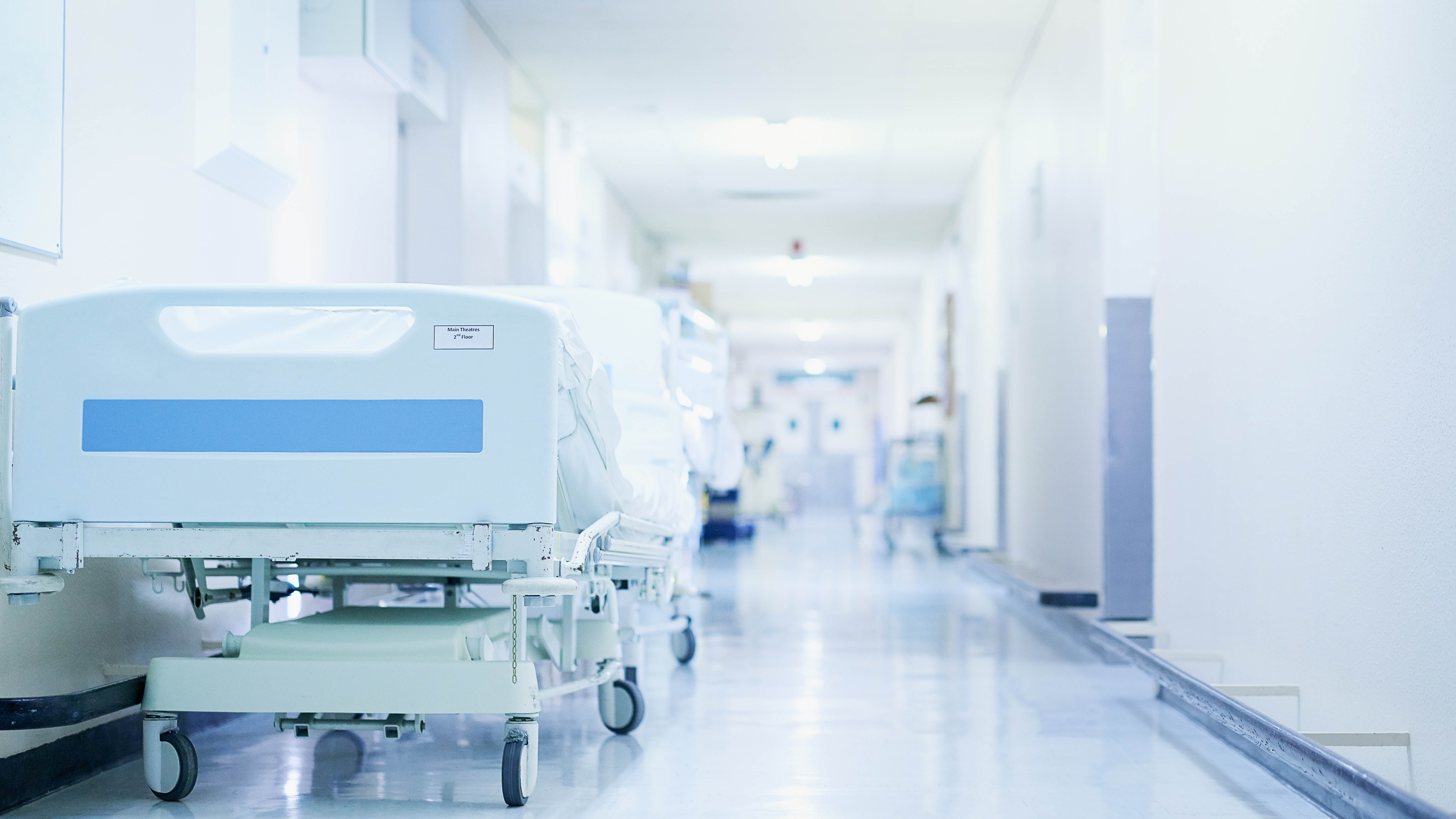Gov. J.B. Pritzker urged Illinois residents to be "very careful" when hosting gatherings as the holidays near and coronavirus cases in the state continue to climb.
Though Pritzker said bars and restaurants are noticeable locations where the virus has spread, he added that private gatherings are a major source for spreading.
"I'm not saying you can't do that," Pritzker said during his daily coronavirus briefing on Tuesday.
He explained that Illinois residents can have the number of people over to their homes according to their region's mitigations, but should wear a mask and keep six feet of distance at all times.
With the holidays approaching, Pritzker encouraged residents to continue following guidelines for indoor gatherings and have hand sanitizer available for guests.
"These are all things we’ll have to get used to, especially in this winter season when we all want to get together with friends and family," Pritzker said.
Illinois Department of Public Health Dr. Ngozi Ezike last week provided guidance for gathering with loved ones during the upcoming holiday season. Among the guidance was:
- If you are hosting a holiday gathering, limit the number of guests.
- Try to have as many activities outside as weather permits.
- If your gathering needs to be inside, try to increase air flow by partially opening a couple windows.
- Please prepare yourself and your guests to wear masks indoors when not eating and drinking.
- Limit your activities in the two weeks before your gathering and ask your guests to do the same. This will decrease the risk of exposure to the virus and further spread.
- Think about the seating arrangements if you are planning a meal. Keep members of the same household together and try to put space between one family and another.
- When serving food, avoid a buffet-style or potluck setting and consider having one person serve all the food so that multiple people are not handling the serving utensils.
- Try to limit the number of people going in and out of areas where food is being prepared – like the kitchen and dining room.
- If you are sick, do not travel and do not attend gatherings and celebrations. Even if your symptoms are mild, you may still be able to infect others.
- To help stave off illness, get your flu vaccine now. It takes the body several weeks after receiving the vaccine to build up antibodies that will help protect you from flu, so get it now to help protect you and others during the holidays.
On Monday, Chicago's top doctor urged residents to not invite anyone into their homes or apartments as the city experiences multiple coronavirus "warning signs" and enters what officials are calling a "second surge" in the pandemic.
Local
"Please do not invite anyone over to your house or apartment," Chicago Department of Public Health Commissioner Dr. Allison Arwady said Monday. "This is not the time for non-essential gatherings, period."
Currently, Chicago is reporting an average of more than 500 new coronavirus cases daily, the "highest daily rate since the tail end of the first surge at the end of May," officials said.
As of Monday, Chicago was seeing a 7-day rolling average of 508 new cases per day, according to the city's coronavirus data dashboard. That marks a significant increase from the roughly 300 new cases per day rolling average the city was seeing just three weeks earlier when restrictions were eased.
The numbers also coincide with a 25% increase in non-ICU COVID-19 hospitalizations since Sept. 22, according to city data.
"This is the second surge that Dr. Fauci and Dr. Arwady have been warning about since March," Mayor Lori Lightfoot said. "And we are now in it."
Health officials said numbers in Chicago show that a majority of coronavirus patients know the person who gave it to them. According to data, two out of every three Chicagoans diagnosed knew the person who became the source of their infection. A majority of those infections came from interactions within a home, Arwady added.
Arwady pleaded with residents to wear masks, even while inside homes and to not invite people into homes who don't already live there, unless they must come for essential reasons.
Pritzker announced four Illinois counties will see enhanced coronavirus restrictions go into effect on Friday, as Regions 7 and 8 in the state’s healthcare system have exceeded the 8% positivity rate threshold for three consecutive days.
Region 7, comprised of Will and Kankakee counties, had already been under the enhanced mitigation rules earlier this year, but will now go back to those policies for at least the next two weeks, according to Pritzker’s office.
Region 8, comprised of DuPage and Kane counties, has seen its positivity rate spike dramatically, rising from 5.6% on Oct. 8 to 9% on Oct. 17, the last date for which data is currently available.
Those increases in positivity rates mean that all indoor dining and bar service will be suspended effective Friday in those four counties. Capacity limits will also be enforced for outdoor seating at those venues, and gatherings of over 25 people will be prohibited under the restrictions.



